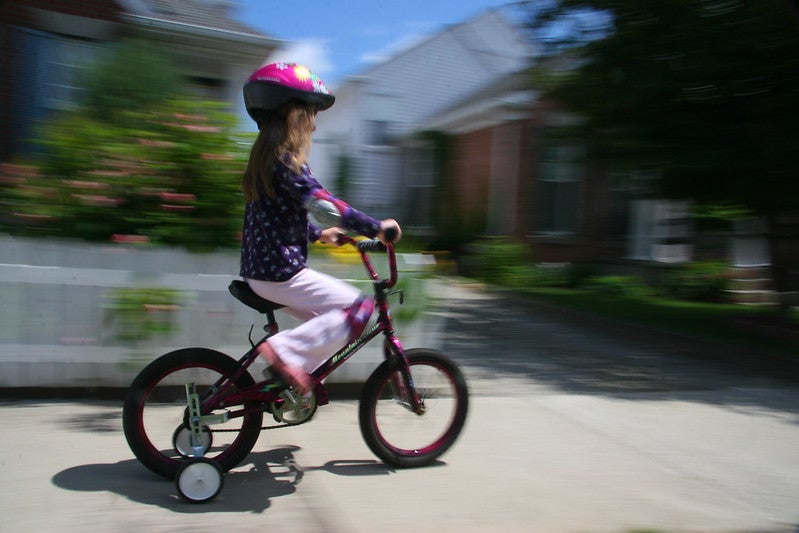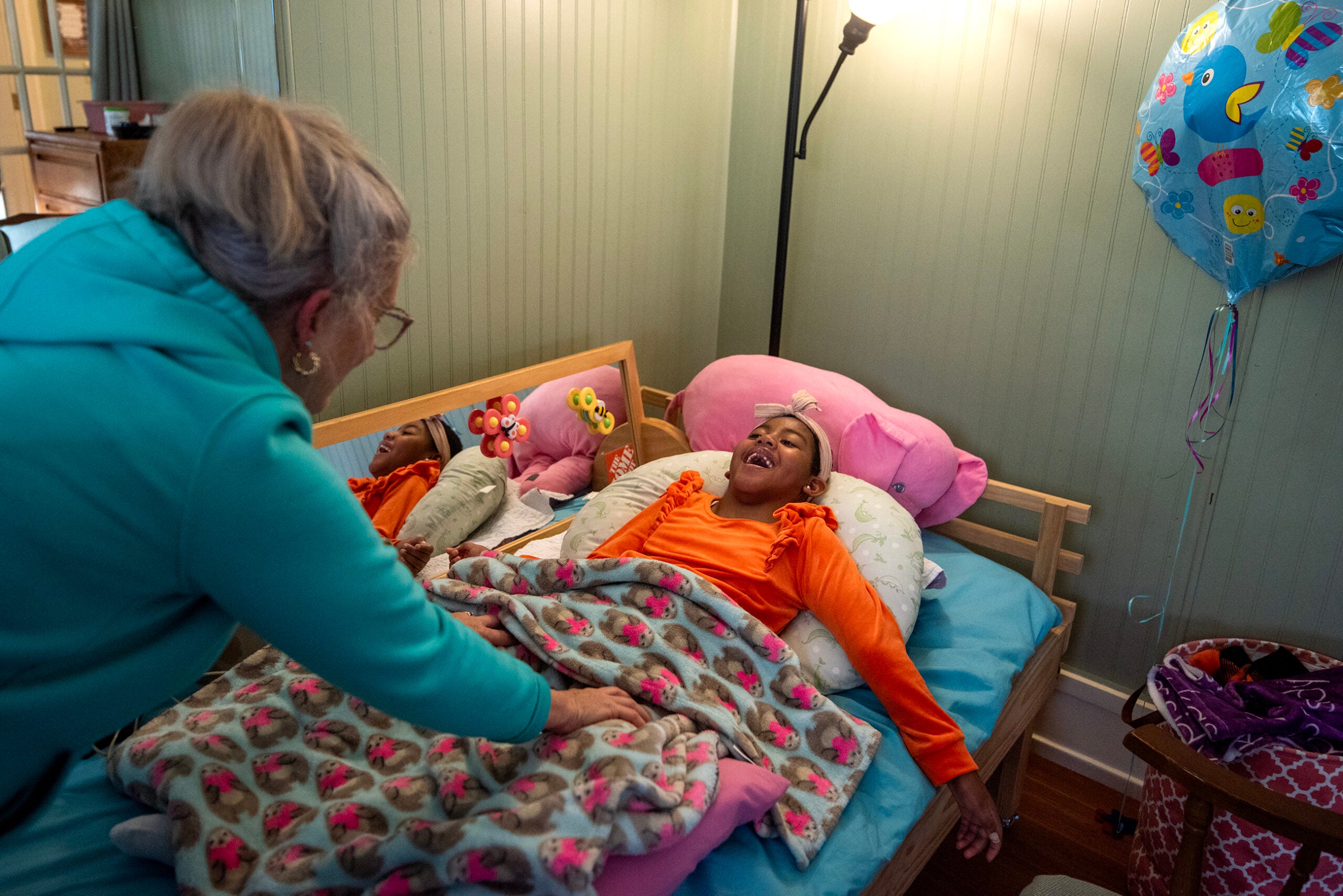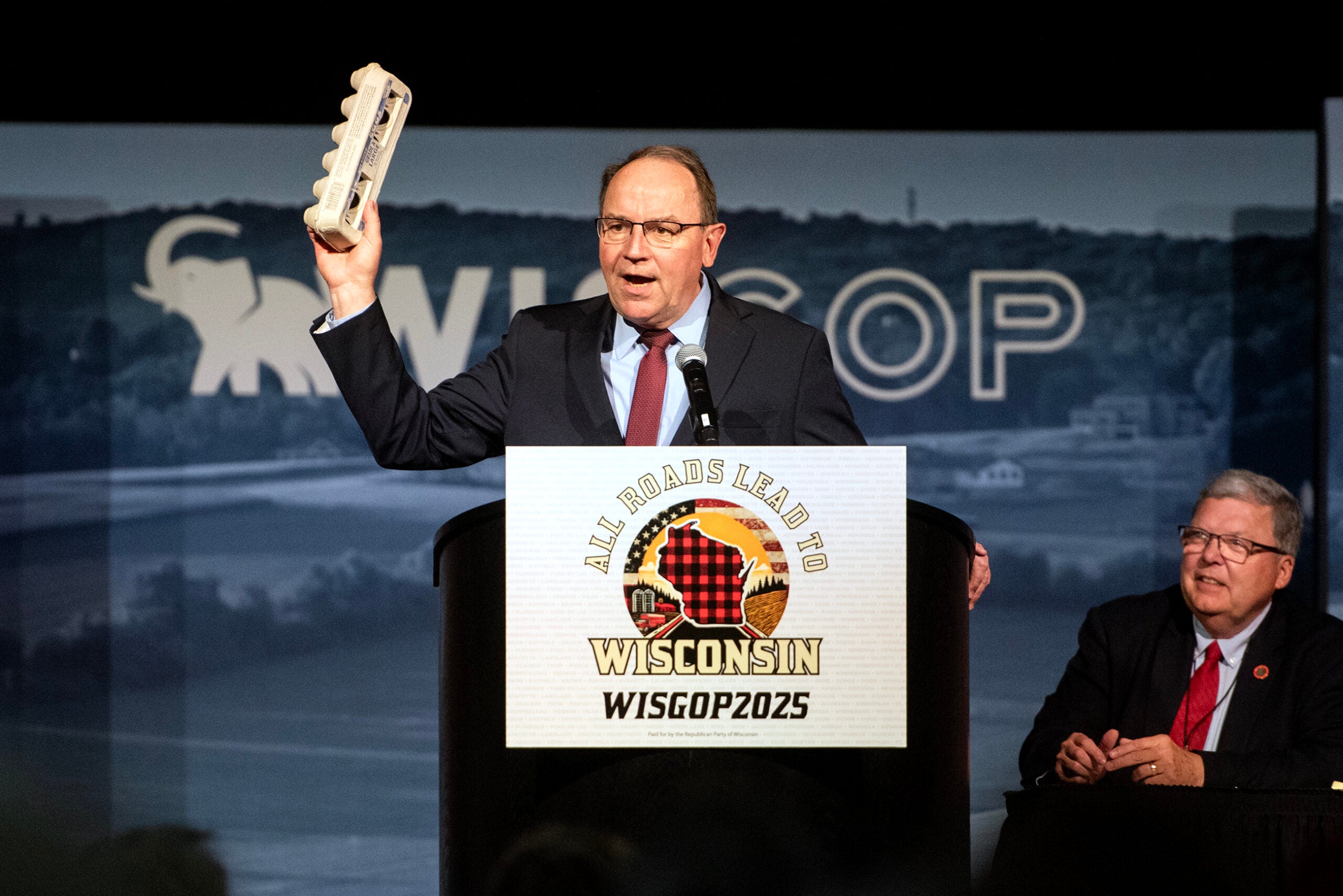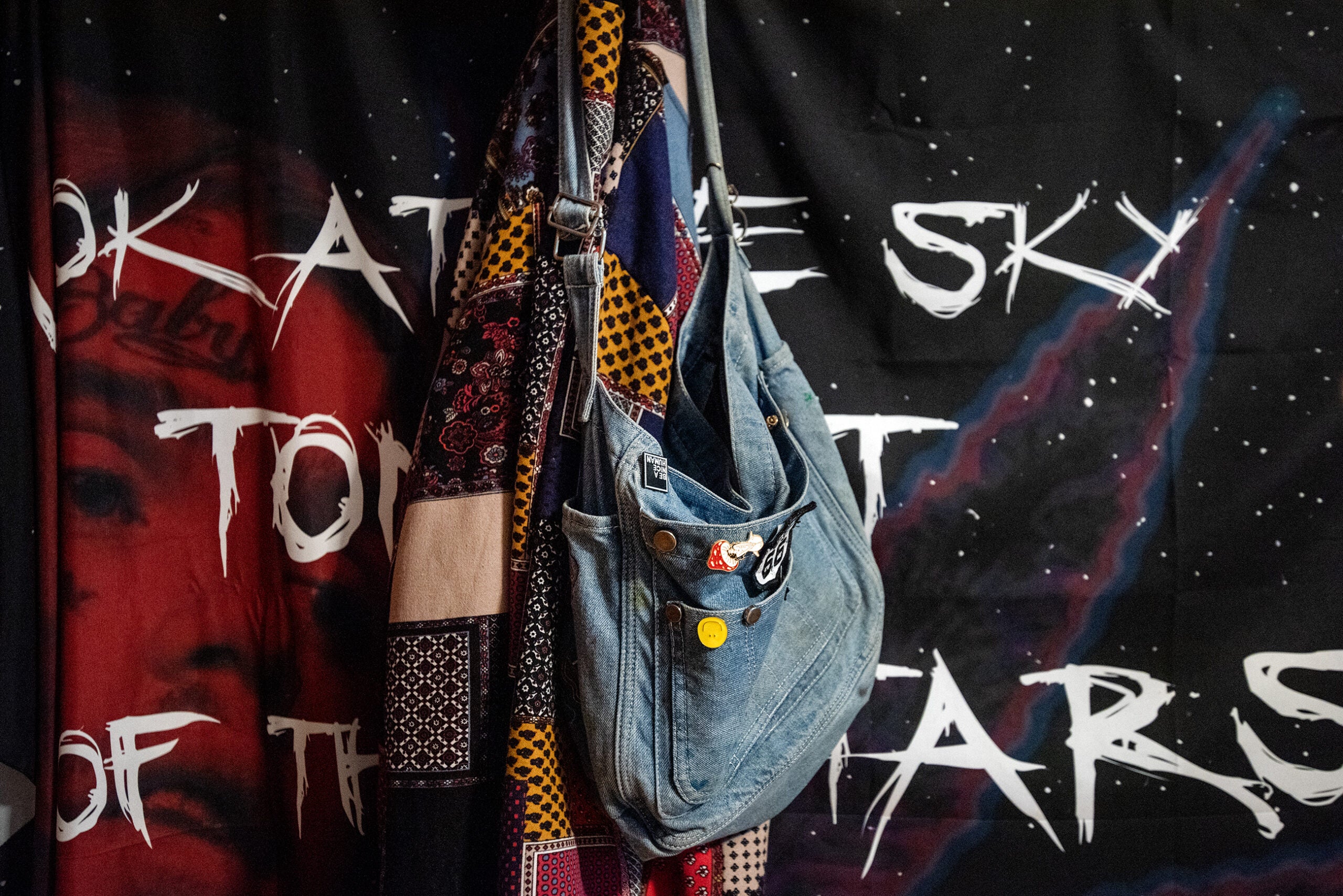Dianne Dunham, a 68-year-old retired teacher in southeast Wisconsin, used to see her granddaughter at least once a week. They played together and Dunham taught her how to count in French, counting the stairs as they went up and down.
Now, because of the novel coronavirus pandemic, they can only connect over video chat. Her granddaughter turns 2 years old next month, and talking about the quality time she’s missing makes Dunham choke up.
“She’s just my joy, and my sunshine,” Dunham said.
News with a little more humanity
WPR’s “Wisconsin Today” newsletter keeps you connected to the state you love without feeling overwhelmed. No paywall. No agenda. No corporate filter.
Dunham also isn’t getting the chance to bond with her new grandson, who was born last month — and Dunham wrote in to WPR’s WHYsconsin project asking if it was safe to help out with the newborn.
WHYsconsin got similar questions from many concerned grandparents, and brought them to Dr. Nasia Safdar, the medical director for infection control at UW Health. Safdar said people that are older should be isolating, not caring for children.
According to the Centers for Disease Control and Prevention, people above 65 who are otherwise healthy are at a higher risk of developing more serious complications from COVID-19. And because there is no specific treatment for COVID-19, people have to rely on their own immune systems to fight it, Safdar said.
“If your immune system is compromised, as it often is with aging, even if you don’t have any other conditions, then you would find it much harder to be able to recover,” she said.
Eight out of 10 reported COVID-19 deaths in the United States have been people 65 or older, according to the CDC.
But Safdar acknowledged that if grandparents are already taking care of grandchildren, it’s likely because there’s no other option.
Gov. Tony Evers’ “Safer at Home” order, which limits work and travel only to what’s essential, does classify traveling to care for minors as an essential activity.
If grandparents are the only option for child care, Safdar recommended they wash their hands frequently, avoid touching their faces and wear a face covering.
“Face coverings are not supposed to take the place of social distancing, but in cases where you simply can’t practice social distancing, such as if you have to pick up a baby or something like that, then, you know, a face covering is probably better than nothing,” she said.
Dunham’s husband has a heart problem and her father is 88 years old. She has been isolating to protect them, but said the isolation would be easier to handle if she knew when the quarantine would end.
“I’ve tried to obey all the rules, but I wish that by obeying the rules, you got a shortened sentence,” Dunham said. “But it doesn’t seem to be that way.”







